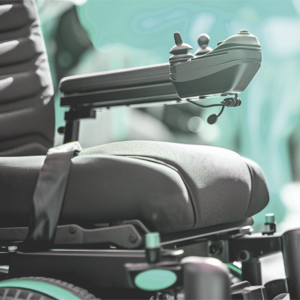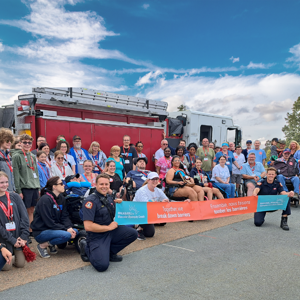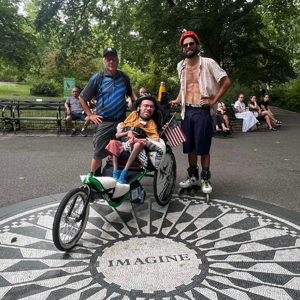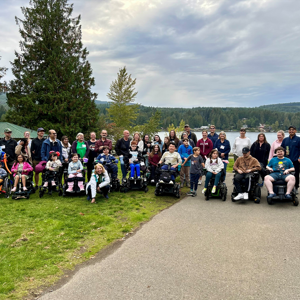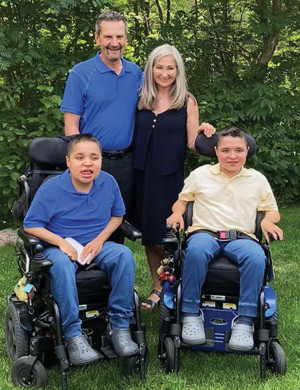At Muscular Dystrophy Canada, we’re proud to stand beside the Canadian neuromuscular community—offering meaningful support, life-changing equipment, vital advocacy, and hope for a cure. But right now, our ability to do this is at risk.
Due to rising economic uncertainty and the ongoing impact of global tariffs, our funding is under significant pressure—jeopardizing programs that thousands of Canadians depend on every day.
Canadians like Debra and her son, Alex.
Alex was diagnosed with Duchenne muscular dystrophy when he was just two years old. And, as his condition has progressed, so have his needs.
“Alex started using a power wheelchair part-time at age eight. By 14, he was fully dependent on it. He now uses a BiPAP machine at night, a Hoyer lift, and a shower chair. We’ve had to renovate our home and buy a wheelchair-accessible van. Muscular Dystrophy Canada has helped us cover the cost of this life-changing equipment. Without that support, I don’t know how we would have managed.” &emdash; Debra
This is the reality for thousands of families across Canada—families who are already stretched financially, emotionally, and physically.
And that’s why I’m writing to you today. We urgently need your help.
By supporting Muscular Dystrophy Canada with a gift today, you can make a powerful impact. Every dollar you give funds critical equipment—wheelchairs, lifts, home modifications—that helps Canadians with neuromuscular disorders live with safety, independence, and dignity.
But the need is growing—and so are the costs.
Families affected by neuromuscular disorders face over $25,000 in out-of-pocket expenses every year. That’s nearly 40% of the average Canadian household income. With inflation and living costs on the rise, this burden is becoming unbearable.
And yet, there’s no government funding for the programs we provide. We rely entirely on donors like you.
Last year, we received over 1,000 requests for equipment funding, totaling more than $2 million—support we are struggling to provide.
Your donation today can change that.
Your support means we can say “yes” when a family calls in crisis. It means children like Alex can get to school, spend time with friends, and thrive.
“Muscular Dystrophy Canada has given us more than just funding,” Debra says. “They’ve given us information, advocacy, and a community that reminds us that we’re not alone. I wish more people knew just how much Muscular Dystrophy Canada can help.”
Support from donors like you have helped make this possible in the past. Today, if you can, I’m asking you to help make a difference too.
Please, give what you can. Your gift today will help Canadians living with neuromuscular disorders live their best lives in 2025—and beyond.
Behind every request for help is a real family, real people–like Alex and Debra—facing overwhelming challenges. Your donation today isn’t just a gift. It’s a lifeline. If you can, please, give now and help ensure no one faces their neuromuscular disorder alone.
Thank you for standing with us.

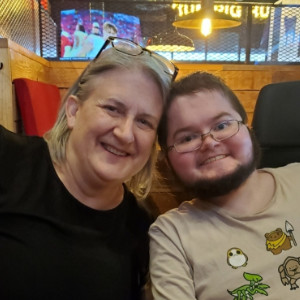

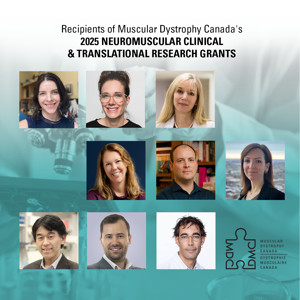
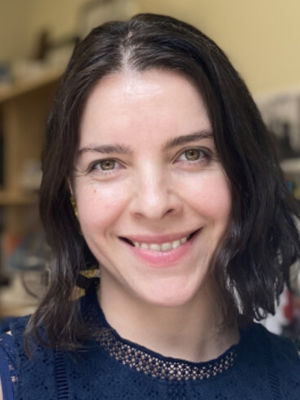 Dr Carolina Barnett-Tapia MD PhD
Dr Carolina Barnett-Tapia MD PhD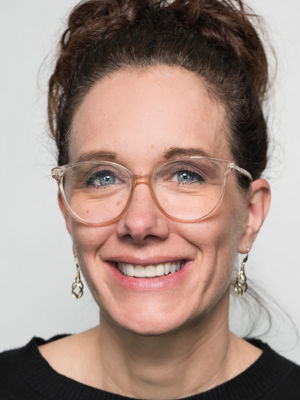 Dr Cynthia Gagnon PhD
Dr Cynthia Gagnon PhD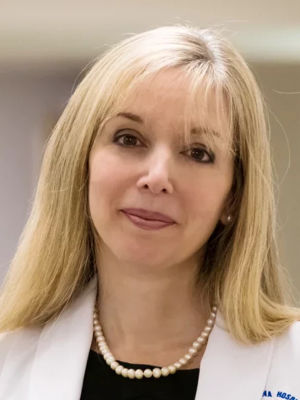 Dr Jodi Warman-Chardon MD PhD FRCPC (Neurology)
Dr Jodi Warman-Chardon MD PhD FRCPC (Neurology) Dr Melissa Fiscaletti MD FRCP(C) MSc
Dr Melissa Fiscaletti MD FRCP(C) MSc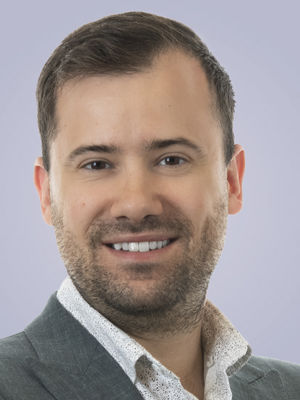 Dr Vincent Picher-Martel MD
Dr Vincent Picher-Martel MD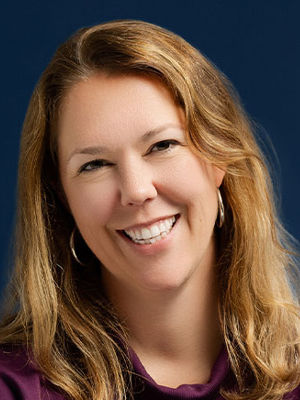 Dr Marie-Claude Sincennes PhD
Dr Marie-Claude Sincennes PhD Dr Mark Currie PhD
Dr Mark Currie PhD Dr Yan Burelle PhD
Dr Yan Burelle PhD Dr Toshifumi Yokota PhD FCAHS
Dr Toshifumi Yokota PhD FCAHS
